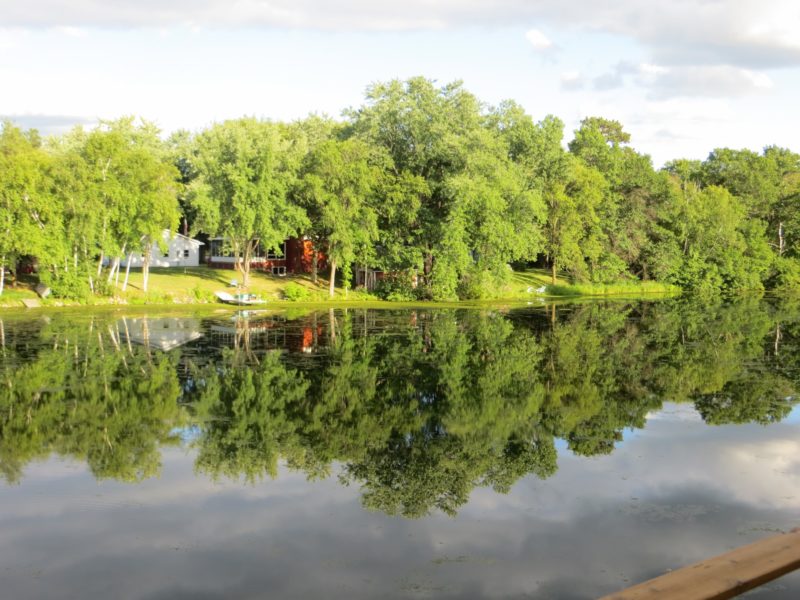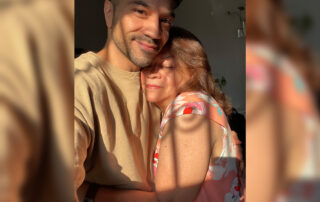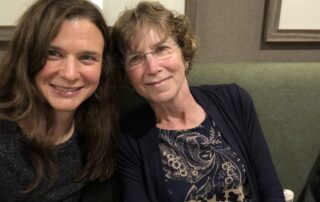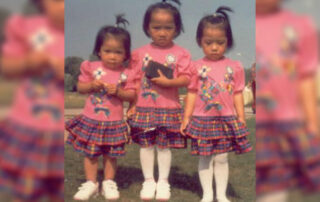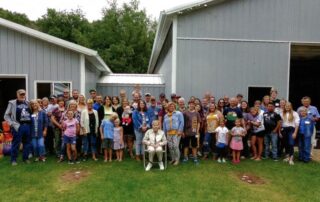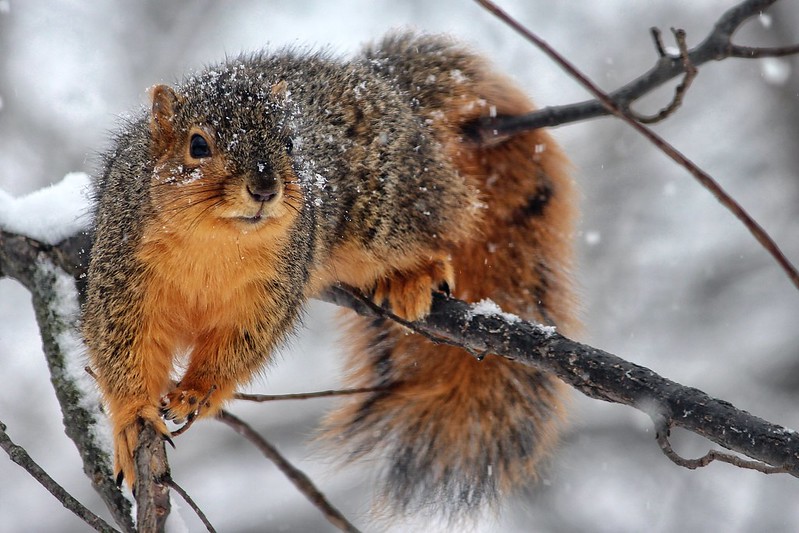I lived in town near school and my best friend, Karen, was a “bus kid.” When we were twelve she often came home with me from evening basketball practice. On those short walks, I scared her with tales of our eccentric neighbor guy. He was a shell-shocked WW II veteran, more like Boo Radley than Ed Gein, but she sprinted past his ramshackle house anyway. This nearly made up for every walk in the woods at her place when she paused to say, “What was that . . .?” before dashing away, leaving me in the darkness.
Teasing was love for us. When we were a little older, Karen dumped me out of the canoe each time we went for a ride. All I wanted was to paddle around Lake Hallie, but she’d get us to the middle then stand up and do her best log rolling imitation. In I’d go, one hand to my face to protect my thick glasses from sinking to the bottom. This usually happened in front of the cabin where I now live.
Back then, how could I have imagined living here? I had the world ahead of me, and, like most teenagers I knew, the first step would be away from the Chippewa Valley. After I moved to Lake Hallie with my husband, an East coast city kid, he sat at the kitchen counter with binoculars and a camera around his neck, like some overzealous tourist alternating between close-ups of the great blue heron or osprey and nature shots of muskrats or snapping turtles. Finally I nailed a hook near the window so he could at least have his camera and binoculars within reach. He still screams for me whenever an eagle swoops down to fish. I didn’t know as a teenager: everyone who moves here wants to stay forever.
Karen’s mom, Helen, grew up on a Lake Hallie farm and moved into a house at the other end of the lake when she married. Though she’s lived on water for 76 years, she never learned to swim. Helen’s father owned nearly every parcel of land along Lake Hallie, and he ran The Hoot, a dancehall overlooking the lake. Many teens from 1950 to 1964 experienced their first dance or kiss or drink at The Hoot or in its parking lot. Anyone who lived here back then has a story about The Hoot or its quirky proprietor, Karen’s Grandpa Hughes. Old timers remember that he campaigned so ardently for JFK that he was a guest at Kennedy’s inaugural ball. Later Hughes proposed breaking off northern Wisconsin and Michigan’s UP to create the new state “Superior.” His idea gained national publicity but—no surprise—not a lot of support. The Hoot closed fifty years ago, but Clark Hughes’ legacy lives on at the handicap-accessible boat landing that bears his name on land he donated.
The Hoot burned to the ground in 1978. Since Karen’s grandpa owned the land, we partied around a bonfire at its concrete remains all through high school. On warm summer nights Karen and I sat at what may have been the dance floor, talking and drinking, hearing occasional whoops from patrons at Slim’s Saddle Bar across the highway. Karen and I imagined the ghosts of those teenagers who had the time of their lives on summer evenings many years ago, and we even sometimes felt them milling around the edges of our fire. Neither of us was ever afraid.
